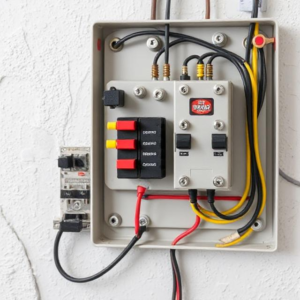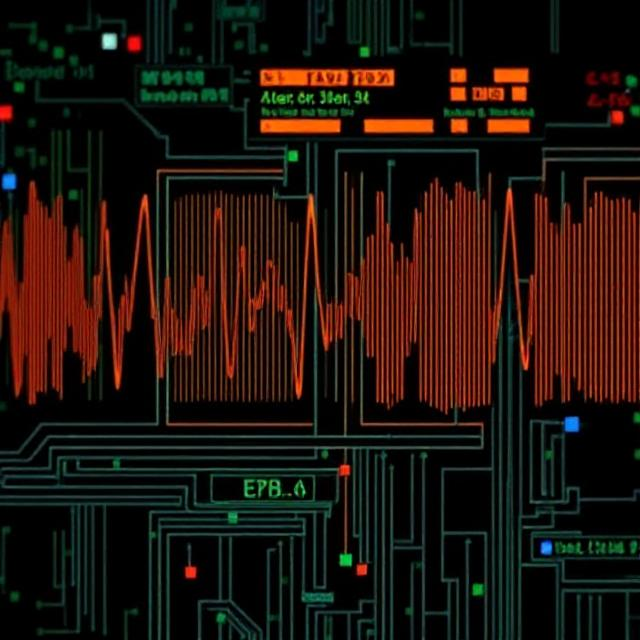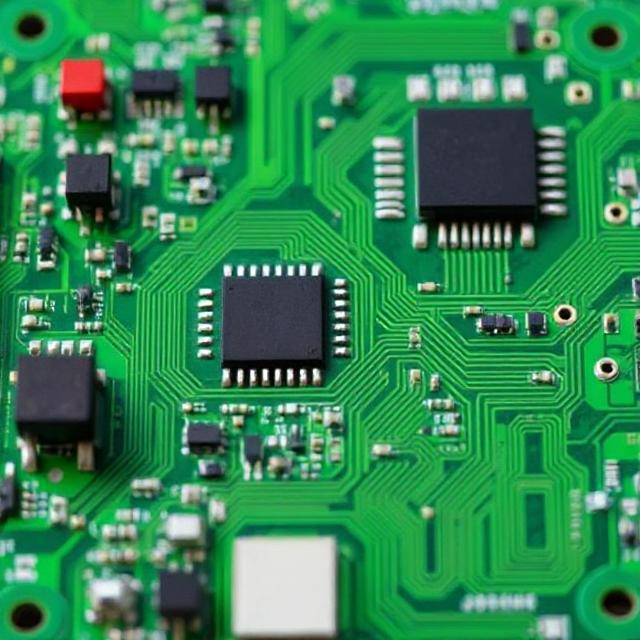Electricity is a powerful and essential part of modern life, but it can also be dangerous if not handled properly. Electrical accidents can lead to fires, electric shocks, and even death. To ensure safety when working with or around electrical systems, it’s important to follow specific precautions and guidelines.

1. Turn Off Power Before Working
One of the most important safety measures is always turning off the power before you work on any electrical system. This includes:
-
Unplugging electrical appliances or turning off circuits at the breaker panel.
-
Using a circuit tester to ensure the system is not live before starting work.
By ensuring the power is off, you significantly reduce the risk of electric shock.
2. Use Proper Insulated Tools
When working with electrical components, use tools that are specifically designed for electrical work. Insulated tools are covered with a non-conductive material that prevents you from coming into direct contact with live wires, reducing the risk of shock. These tools include screwdrivers, pliers, wire cutters, and voltage testers.
3. Wear Personal Protective Equipment (PPE)
Wearing the right personal protective equipment can make a big difference in preventing electrical injuries:
-
Rubber gloves designed for electrical work can protect you from electric shock.
-
Safety glasses or face shields can prevent eye injuries in case of sparks or flying debris.
-
Rubber-soled shoes can help reduce the risk of electric shock by providing insulation.
4. Avoid Overloading Circuits
Overloading a circuit can cause overheating, leading to fires or system failures. To prevent this:
-
Do not exceed the recommended load on any electrical outlet or circuit.
-
Use extension cords safely—never plug too many devices into one extension cord, and always check that it’s rated for the devices you’re using.
5. Proper Grounding of Electrical Systems
Grounding provides a safe path for electricity to flow into the earth in the event of a fault. A properly grounded electrical system reduces the risk of electrical shock and damage. Ensure that:
-
Grounding wires are properly connected to outlets, electrical panels, and appliances.
-
Electrical systems in homes, factories, and construction sites are inspected regularly for proper grounding.
6. Install Circuit Breakers and Fuses
Circuit breakers and fuses are critical safety devices in electrical systems:
-
Circuit breakers automatically shut off power to a circuit when it becomes overloaded, preventing overheating and fires.
-
Fuses work in a similar way, by melting the wire inside when a circuit is overloaded, breaking the circuit and stopping the current flow.
Make sure that the circuit breakers and fuses are the correct size for the circuits they protect and that they are regularly maintained.
7. Regular Inspections and Maintenance
Regular inspections are crucial to ensure that electrical systems remain safe. Look for:
-
Worn-out or damaged wires—frayed, cracked, or exposed wires can increase the risk of electric shock or fire.
-
Loose connections—ensure all wires are securely connected to avoid sparks or shorts.
-
Overheating appliances—keep an eye on appliances that heat up excessively or show signs of malfunction, as they could be fire hazards.
8. Avoid Water and Moisture
Water and electricity are a dangerous combination. When working around electricity:
-
Never work with electrical systems in wet conditions. Water conducts electricity and increases the risk of electric shock.
-
Ensure that electrical outlets, plugs, and appliances are dry before use.
-
Use ground fault circuit interrupters (GFCIs) in areas where electricity is near water, such as kitchens, bathrooms, and outdoor spaces.
9. Know Emergency Procedures
In the event of an electrical emergency, it’s vital to act quickly and safely:
-
For electric shock victims, if they are still in contact with the source of electricity, turn off the power immediately before attempting to help. If they are free from the electrical source, call emergency services and perform CPR if necessary.
-
For fires caused by electrical faults, never use water to extinguish the flames. Instead, use a Class C fire extinguisher, which is designed for electrical fires.
10. Hire Qualified Professionals
If you’re unsure about working with electrical systems or equipment, always hire a licensed and experienced electrician. They are trained to handle electrical systems safely and are knowledgeable about local safety codes and standards.
Conclusion
Electrical safety is essential for preventing accidents and ensuring a safe working and living environment. By following proper procedures such as turning off power, using insulated tools, wearing protective gear, avoiding circuit overloads, grounding systems properly, and maintaining equipment, you can minimize the risk of electric shock, fire, or other electrical hazards. Always prioritize safety and seek professional help when needed.











